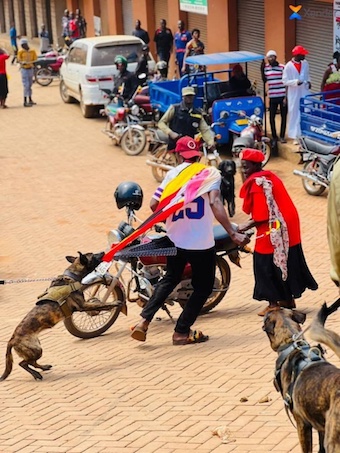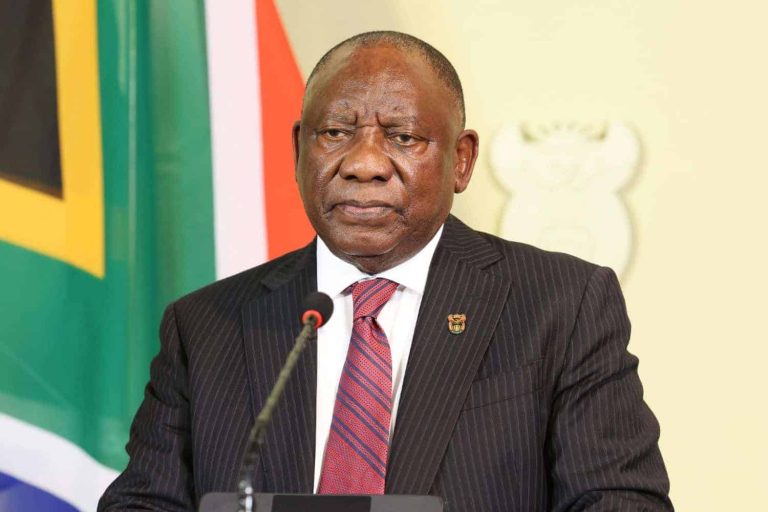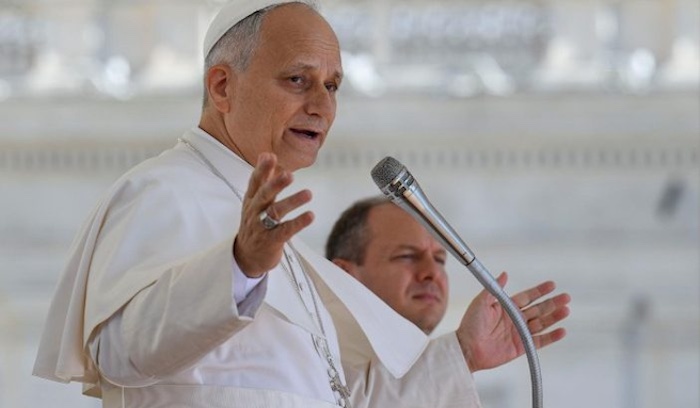
In the lead-up to the 2026 elections, we find ourselves witnessing a disturbing trend: burgeoning uncompetitive spaces emerging across the political landscape.

The phenomenon is alarming not just for the candidates who have pulled out of races, but, more significantly, for the overall health of our democracy. Voters, faced with an increasingly barren array of choices, are being deprived of their fundamental democratic rights.
Take, for example, the troubling situation in Mbarara, where Provia Bakazi, a candidate from the National Unity Platform (NUP), has folded her campaign under the weight of financial constraints and internal party pressure.
Her withdrawal is emblematic of a larger trend: a growing number of candidates across various regions are stepping back from the electoral fray due to unmet expectations and community pressure.
This leaves voters facing a stark choice: incumbents, often unopposed, who enjoy the benefits of power without the scrutiny and accountability that competition can provide. The reasons behind these withdrawals are manifold. Many candidates cite financial inadequacies as a primary factor.
The cost of campaigning has soared, and without adequate resources, aspiring leaders are finding it increasingly difficult to make their voices heard. This situation reflects a systemic issue:the barriers to entry in our political framework are becoming insurmountable for those who lack backing from established parties or wealthy donors.
Consequently, the political arena risks becoming an exclusive club, accessible only to those with substantial financial means. Meanwhile, the allegations of internal chaos within parties, particularly the NUP, signal deeper-rooted issues.
When candidates feel unable to rely on their own parties for support—whether it’s in logistics, funding, or camaraderie—they may feel compelled to withdraw. This internal strife is detrimental not only to party resilience but also to the idea that diverse opinions and choices can be expressed at the polls.
Moreover, the role of community pressure cannot be understated. In tight-knit communities, the fear of social ostracism or retaliatory action can be enough to silence potential candidates.
This pressure further narrows the already limited array of voices vying for elected office, ultimately undermining the ability of voters to choose representatives who truly reflect their values and aspirations.
With the institutional strength of parties like the National Resistance Movement (NRM) only increasing, the power dynamic heavily skews in favor of incumbents. The Speaker and her deputy finding themselves unopposed exemplifies this shift towards a less competitive and more complacent electoral environment.
This lack of competition may breed a dangerous complacency among those in power, eroding accountability and transparency—two pillars essential for representative democracy.
The consequences of these uncompetitive spaces extend beyond the immediate electoral outcomes. When voters feel their choices have been artificially restricted, disenchantment with the political process deepens. Voter apathy can take root, leading to lower turnout and a general sense of disillusionment with democratic institutions.
This cycle threatens the integrity of elections and could set a precedent for future electoral manipulation. As we look toward the upcoming elections, it is imperative that stakeholders—civic organizations, political parties, and the electorate—take action to address these challenges.
We must advocate for reforms that lower the barriers to candidacy, ensure greater transparency within political parties, and foster an environment where diverse voices can compete freely and fairly.
The stakes could not be higher. A healthy democracy thrives on competition, debate, and choice. Without these elements, we risk falling into an era of unchallenged power and diminished civic engagement.
It is time to reclaim the narrative and ensure that our electoral processes reflect the vibrant, diverse society we aim to build. Only then can we safeguard the true essence of democracy for present and future generations.



